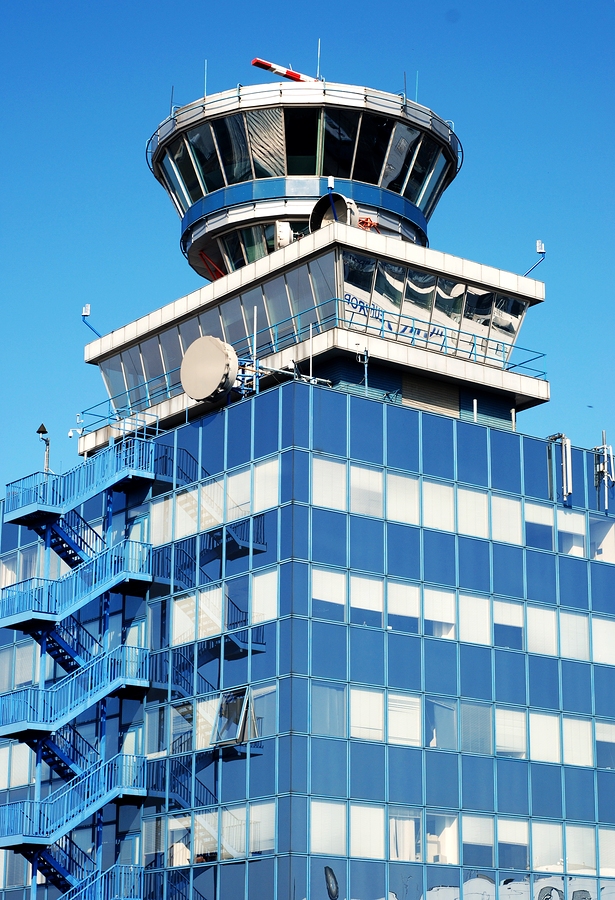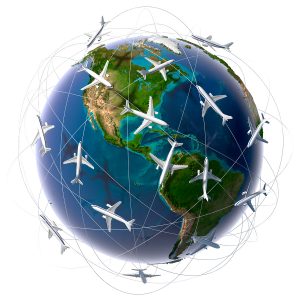
US Air Traffic Control Privatization May Be In Our Future
President Donald Trump told executives and directors from several airlines and airports that he favors privatizing U.S. air traffic control (ATC). Industry leaders are especially interested in the privatization debate due to the Federal Aviation Administration (FAA) Modernization and Reform Act of 2012, which authorizes FAA program funding, having expired in 2016.
Congress has renewed interest in privatizing just the ATC — as opposed to the entire FAA. The new president is a willing audience for two reasons: He’s a longtime private jet owner — even briefly operating an eponymous airline — and wants to reduce federal regulatory burden.
The debate, however, is not new and dates back to the Reagan administration. Former President Bill Clinton sought to reform the FAA and ATC. Two decades later, the discussion has moved to the possibility of ATC privatization as a nonprofit operating under FAA oversight. The proposals may have changed, but the underlying issues haven’t. The U.S. operates the largest, busiest, and safest ATC system in the world, and many argue if it’s not broken, we shouldn’t fix it.
According to the Forbes article, privatization could reduce operating costs and improve safety and efficiency. Cost savings, however, would likely be based on personnel reductions and improved systems, both of which the government could accomplish.
Several countries have privatized their aviation systems or system components. In Germany and France, government-owned companies manage air traffic; British and Canadian air traffic control is privatized.
Of course, air traffic volume in other countries doesn’t compare with the U.S., in which airlines operated 9.6 million departing flights in 2014. Canada had only 1.3 million commercial flights depart that year.
 One benefit many cite is that privatization could lead to faster modernization, benefiting all aircraft and fliers. The project, called NextGen, is supposed to increase the nation’s flight capacity and improve on-time arrivals but has been a more lengthy and expensive process than planned.
One benefit many cite is that privatization could lead to faster modernization, benefiting all aircraft and fliers. The project, called NextGen, is supposed to increase the nation’s flight capacity and improve on-time arrivals but has been a more lengthy and expensive process than planned.
So, what does this all mean for private jet owners? Should prospective buyers wait until any uncertainty is resolved?
Probably not. There’s no indication that privatizing is a priority for the new administration — even if the president told aviation executives he favors it. Given the complexity of the U.S. system and the FAA success record, it’ll likely be difficult to demonstrate the value in making a major change and expending the political capital to bring it about.